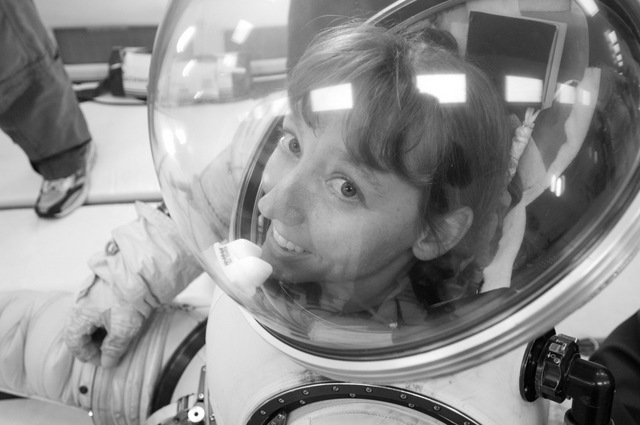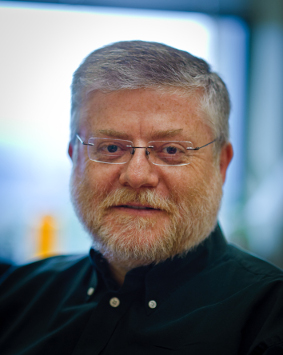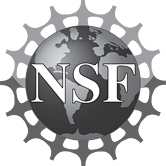Making Space Suits
Successfully enabling a human to live and work in the vacuum of space requires a broad array of technologies, from textiles to hard goods to electronics. Space Suit design is predicated on two things: 1) Where you are going, and 2) What you are doing. Where you are going addresses the environment into which you are sending the suited astronaut. Considerations such as micrometeoroids, thermal variations, and dust are included. These considerations are primary functions of the space suit as a life support system. What you are doing depends on the goals for the mission. Are you deploying a habitat? Are you performing geologic experiments? Are you searching for life? The ‘doing’ question addresses the productive purpose for sending the astronauts to their destination. In this keynote, I will discuss these considerations and how they are realized in current and future space suit design.

Amy Ross
Amy Ross leads the development of NASA’s extravehicular pressure garments, better known as space suits. She has served in this role since 2010, and has managed and contributed to suit development projects since 1996. Her early work focused on the space suit glove, one of the most intricate and crucial components of the entire assembly. Most recently, she is leading the development of the Z-2 space suit, the first suit designed for surface exploration to be tested in a human-rated vacuum chamber. She also oversaw the development of its predecessor, the Z-1 suit, which was named one of Time Magazine’s best inventions of 2012.
Open Data Kit: Applications of Mobile Devices in the Developing World
Since 2008, we have been applying smartphones and tablets to problems in the developing world in the domains of public health, environment monitoring, agriculture, and human rights monitoring (among others). The Open Data Kit (opendatakit.org) collection of modular tools for both client and server-side functions has been highly successful with tens of thousands of users in hundreds of organization on six continents. In this keynote, I will describe what we believe to be the principal features of this success, namely: (1) tackling real problems within a context of participatory design; (2) creating an open source community and ecosystem of companies around the tools; and (3) generalization of the modules so they can be easily adapted to different contexts. I will also argue that this line of problem-solving leads to explorations of different regions of the design space than would occur in the developed world due to the particular constraints that must be satisfied. Finally, I will conclude with some recommendations for the ubicomp community.

Gaetano Borriello
Professor Gaetano Borriello holds the Jerre D. Noe Chair of Computer Science & Engineering at the University of Washington. He joined the Department in 1988 and holds a PhD in CS from the University of California at Berkeley (1988) and an MS in EE from Stanford University (1981). He was a member of the research staff at the Xerox Palo Alto Research Center from 198087. From 20012003, he was on leave from UW to found the Intel Research laboratory in Seattle which quickly became one of the premier research labs for work in ubiquitous computing.
Prof. Borriello’s career began in the areas of integrated circuits for networking, automatic synthesis of digital circuits, reconfigurable hardware, and embedded systems development tools. In 1999, he was PI for the Portolano Expedition, a DARPAsponsored investigation on invisible computing that led to the creation of Labscape, a smart environment to record and assist the work of researchers in cell biology laboratories. In 2001, as director of Intel Research Seattle, he set in motion projects in elder care (sensor-rich homes and wearable devices) to help elders stay in their own homes longer, and in locationaware computing (the PlaceLab project) using WiFi to enhance location sensing that is now the dominant approach in use by Apple, Google, Microsoft, and many others.
More recently, Prof. Borriello is directing efforts in applying mobile and sensor technologies to the problems of public health and development in lowresource settings. His group's opensource mobile data collection tools, Open Data Kit, are in use on six continents in programs ranging across public health, documentation of human rights violations, and environmental monitoring.
He is a Fellow of the ACM and IEEE, a Fulbright Scholar, and a recipient of the UW Distinguished Teaching Award and Landolt Graduate Mentor Award. He was also named a distinguished alumni at UC Berkeley’s CS Division.













